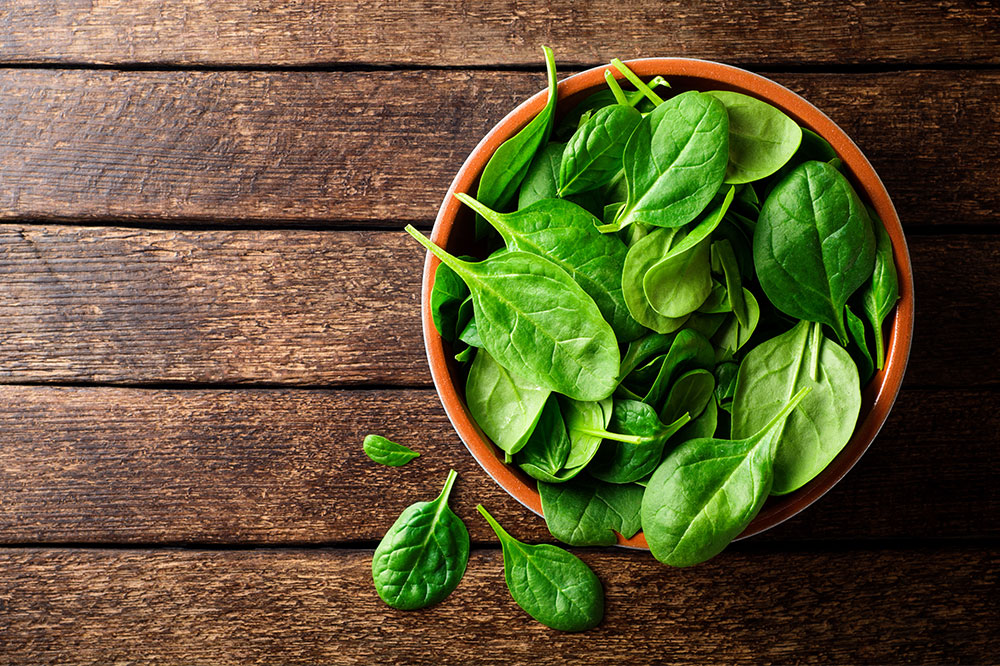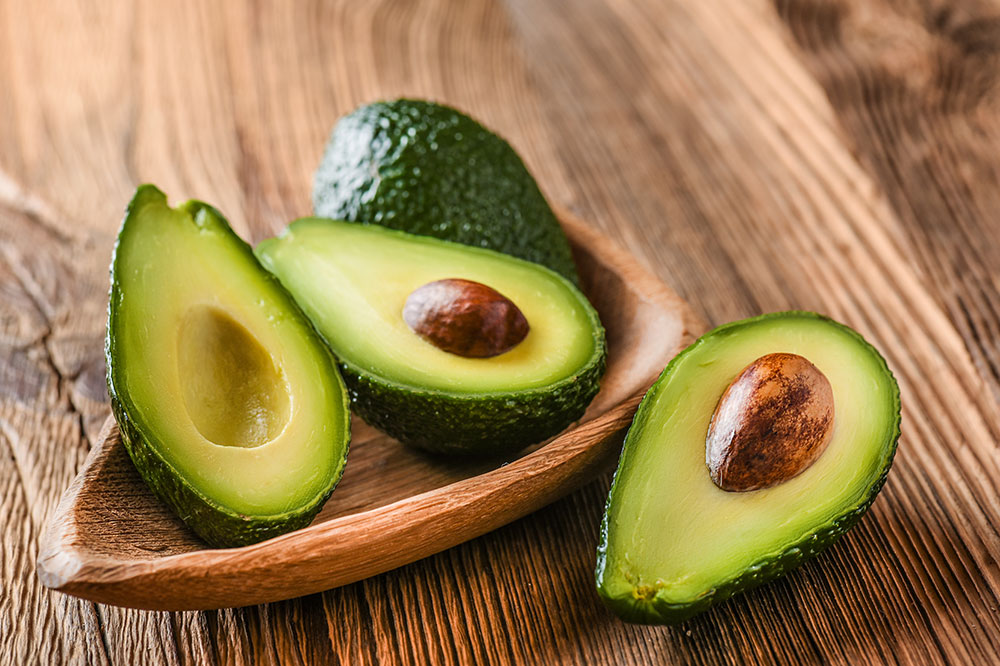Natural Strategies to Alleviate Migraine Pain
Discover effective natural remedies to manage migraines, including magnesium supplements, hydration, a gluten-free diet, lavender oil, B-complex vitamins, and omega-3 fatty acids. These methods target root causes and provide safe, holistic relief to reduce headache frequency and severity without relying solely on medications. Incorporate these strategies into your routine for better headache management and overall wellness.

Effective Natural Methods to Relieve Migraine Discomfort
Stressful lifestyles often contribute to the development of migraines, which are recurring headaches varying from moderate to severe. While painkillers may offer temporary relief, persistent migraines often indicate underlying deficiencies such as lack of sleep, dehydration, or nutritional gaps. Factors like eye strain, alcohol consumption, fatigue, low blood sugar, constipation, and allergies can trigger migraines. To manage these headaches naturally, consider exploring home remedies that address root causes rather than only masking pain.
Magnesium Supplementation
Magnesium is a highly effective natural remedy for migraine relief and is safer than many medications. Research indicates individuals experiencing frequent migraines often have low magnesium levels. Supplementing with magnesium can significantly reduce migraine risk by inhibiting pain-transmitting chemicals. Typical daily doses range from 200 to 600 mg. Those with alcohol dependence, diabetes, or cardiovascular issues are more prone to magnesium deficiency.
Magnesium-rich foods include leafy greens, beans, whole grains, nuts, and broccoli. Incorporating these into your diet may help decrease migraine episodes and improve overall health.
Stay Hydrated
Dehydration from drinks like coffee, alcohol, and sugary sodas can trigger headaches. Adequate water intake is a simple yet powerful remedy to prevent and alleviate migraines. Consuming hydrating fruits such as cucumbers, watermelons, zucchini, and cauliflower further supports hydration. Proper hydration reduces irritability and enhances concentration, making it an essential part of migraine management.
Adopt a Gluten-Free Diet
If sensitive to gluten, consuming gluten-containing foods may lead to headaches. People with celiac disease often find their migraines diminish after removing gluten from their diet. Even those without celiac might experience benefits by reducing gluten intake, especially if they notice adverse reactions.
Lavender Essential Oil
Lavender oil is a popular natural remedy for migraines due to its calming and sedative effects. A 2012 study indicated that inhaling lavender oil for 15 minutes significantly lessened migraine severity. Applying a few drops to the temples, neck, and forehead can provide relief. To lessen the intensity, blend with carrier oils like coconut or almond oil. Lavender also offers benefits such as skin hydration and hormonal balance, making it a versatile remedy.
B-Complex Vitamins
Reduced serotonin levels are linked to migraines, and B-complex vitamins play a role in serotonin production. Deficiencies in vitamins like B6, B12, folate, and others can heighten migraine susceptibility. These water-soluble nutrients support blood flow, immunity, and cardiovascular health, with minimal risk of overdose due to their rapid excretion in urine.
Consume Omega-3 Fatty Acids
Omega-3s, prevalent in fish, nuts, and seeds, are known to protect brain cells and decrease inflammation. A Swedish study found that adequate omega-3 intake reduced migraine frequency by 28% and attack severity by 32%. Incorporating sources like tuna, walnuts, oysters, chia seeds, and flaxseeds can help manage migraine symptoms. Proper storage is essential as heat can degrade these healthy fats.
Next time you or someone you know suffers from migraines, try these natural remedies to address the underlying causes and enjoy relief without medication dependence.










